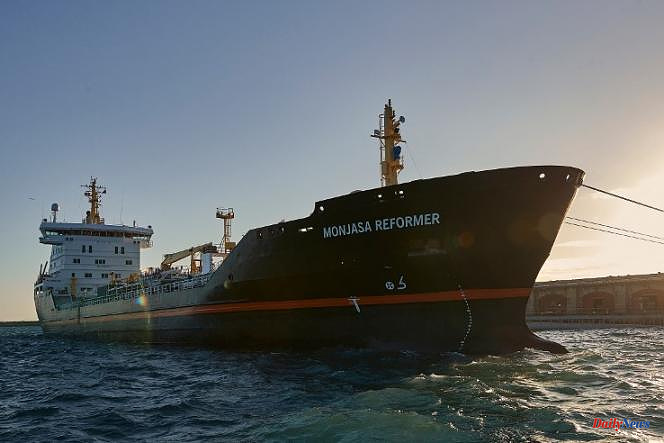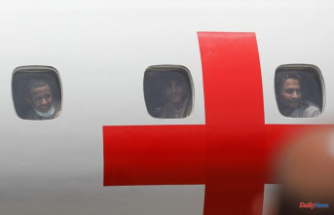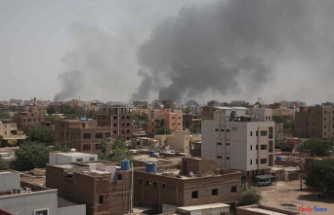The Liberian-flagged Danish tanker attacked last weekend in the Gulf of Guinea has been located and rescued off the coast of Sao Tome and Principe, but part of the crew has been kidnapped, announced Friday, March 31 its owner. The Monjasa-Reformer was located Thursday by the French Navy, but only some of the sixteen crew members were still on board, the Monjasa company said in a statement.
When the French soldiers arrived, "the pirates had abandoned the ship and taken part of the crew with them", explained the Danish shipowner. "The other rescued crew members are in good health and in a safe environment," he said.
The shipowner gave no details on the number of hostages and their nationality. Contacted by Agence France-Presse (AFP), the company based in Fredericia, Denmark, did not wish to give details. "Our hearts go out to the remaining crew members and their families at this stressful time," Monjasa said in the statement, adding "to work closely with local authorities" to secure the sailors' return.
No damage was observed on the boat or on its cargo of fuel. The 135-meter-long ship was attacked on Saturday evening March 25 about 140 nautical miles off the Congolese port of Pointe-Noire. The announcement of the attack had only been made by the shipowner on Tuesday, after three days without news from the crew.
A crucial maritime route
The latter had had time to explain that he had taken refuge in an anti-piracy "citadel" on the ship, before contact was lost. Research had since been taking place in this sector of the eastern Gulf of Guinea. According to the Congolese authorities joined Tuesday by AFP, the attack was committed by three men. But according to the Franco-British mission MDAT-GoG (for Maritime Domain Awareness for Trade Gulf of Guinea), it was a skiff with five pirates that committed the attack.
A crucial maritime route bordering countries rich in hydrocarbons, the Gulf of Guinea, which stretches 5,700 kilometers between Senegal and Angola, has been for several years the new black spot of global piracy. But the attacks have dropped recently thanks to the joint efforts of coastal countries and European states. Denmark, a major merchant navy power with the iconic Maersk group, notably sent a frigate in the fall of 2021.
In 2022, only around twenty skirmishes were recorded in the Gulf of Guinea, according to the Maritime Information Cooperation
The Monjasa-Reformer case shows that "piracy problems off the west coast of Africa are far from resolved," the Danish Shipowners Association said on Tuesday. The merchant marine organization is particularly concerned that attacks will start to rise again, with Western armies refocusing on Europe with the war in Ukraine.
Most of the attacks in recent years have been carried out by Nigerian thugs attacking ships in fast boats. Some have captured larger fishing vessels, which they use as bases for their speedboats to raid further out to sea.












